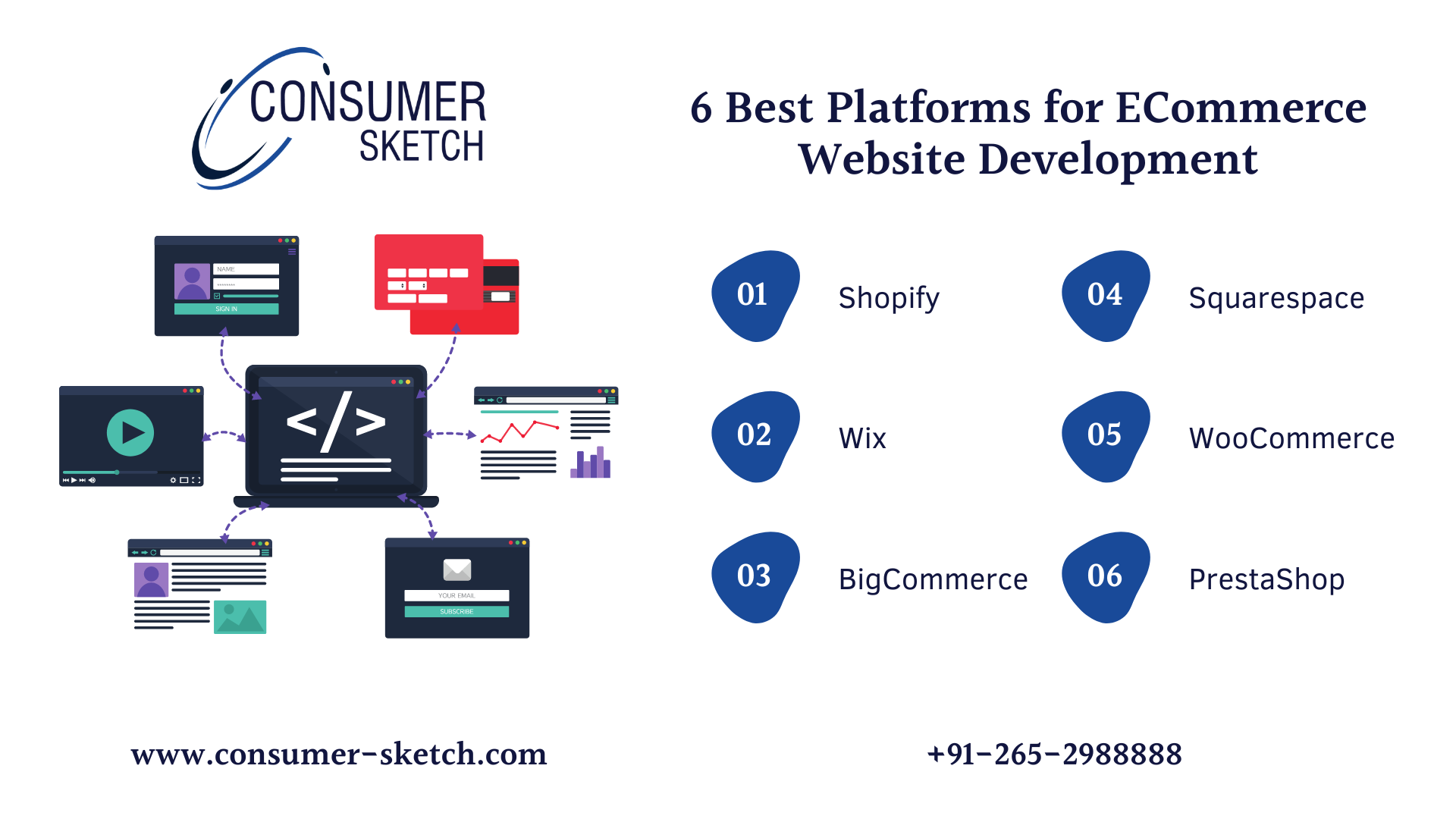Throughout the long term, cross platform mobile app development has gained popularity. It is one of the most famous software development approaches. Taking on the cross-platform approach allows experts to create applications for various platforms with a single codebase. It saves time, money, and additional effort.
What cross platform applications do?
There is a wide range of mobile platforms available. From Android to iOS on mobile and Windows to macOS on the work area, it is turning out to be progressively troublesome. It is also for engineers to enhance as well as code separate applications for these platforms in any case.
The solution? It is to build cross platform mobile apps. It is one of the most useful approaches with regard to application development. Most developers today are edging nearer to adding cross-platform development as a component to their skill.
Indeed, there are frameworks that will enable developers to make applications for various platforms, for example, iOS and Android without composing a code for every OS independently.
Also, read this amazing blog on Mobile App Development Trends.
Top cross platform frameworks for mobile development
- Xamarian
Xamarian came out in 2011 and got famous when Microsoft bought it in 2016. Today, it has thousands of clients. It requires two significant programming languages, .NET and C# to make mobile applications. With C# codebase, code-sharing is helpful on various platforms; in this manner, making Xamarian one of the most mind-blowing ways of making cross-platform applications.
- React Native
In 2015, Facebook came up with React Native application development system in the application market. It enables the developers to make native-like applications for iOS and Android. It utilizes javascript and non-standard editors to wrap native features with the best UI and UX in the cross-platform application.
- Flutter
Like Xamarian and React Native, Flutter is another open-source application development framework. It's a product from Google to make native designs for Android. It is valuable in making applications for iOS as well. It is one of the top cross-platform frameworks for the top mobile app development companies in India. It’s flexible programming capacity to utilize Dart language makes iOS and Android applications achieve exceptional native interactions on the devices.
- Adobe PhoneGap
Otherwise known as Apache Cordova, Adobe PhoneGap utilizes open-web developments to make mobile applications by utilizing JavaScript, Java, HTML5, and CSS being developed. Wikipedia is the best illustration of the cross-platform application that uses PhoneGap. It simplifies applications! Indeed, even beginners can utilize it to create applications.These cross-platform application development frameworks facilitate the application development process. They reduce the cost of hiring a mobile app development company in India by paying only for a single codebase and app.
Why do we need cross platform applications?
- More extensive market reach
Every one of us has our number one mobile development framework. However, you shouldn't allow individual inclinations to hinder your business growth. Making your mobile application similarly accessible to Android and iOS users, you're preparing to fundamentally expand revenues later on.
- Single codebase
As the name proposes, the cross-platform approach enables you to create a single code for multiple platforms. Obviously, there will be cases in which taking care of platform differences will call for greater investment and exertion. In any case, one codebase will without a doubt impact all phases of the product development process. Cross platform mobile app development in India will save you overall cost and effort that you would have to spend on creating separate codebases.
- Faster and affordable app
In spite of requiring only one codebase, cross platform mobile app development actually makes developers consider approaches to really deal with OS differences like UI or platform explicit store distribution systems. Simultaneously, one can't reject that this approach will lessen the sketch-to-launch time. This, thus, can convert into the chance of saving a huge extent of money. Once the prototype is ready, companies can spend more money on creating the final app.
Future of cross-platform mobile development
We now understand the need for cross-platform mobile application development. It is important to build cross platform apps so that enterprises can save money. However, in the competitive market, it also provides an edge over others. Any mobile app development company in India can suggest creating an app that works on both platforms. It will benefit the business from all aspects.
The benefits and weaknesses spread out of how cross-platform conditions will shape the eventual fate of development. It is practically unavoidable regardless of the downsides. Cross-platform application development is the future of mobile applications.
With the rising tide of client interest, the sheer volume of new tools and frameworks for mobile app development, for example, React-Native are now getting some decent momentum. It is evident that these new systems and development devices for building a multi-platform application will be a prevailing power. From here on out, regardless of whether they replace native coding or not - that will be a thing to witness.












